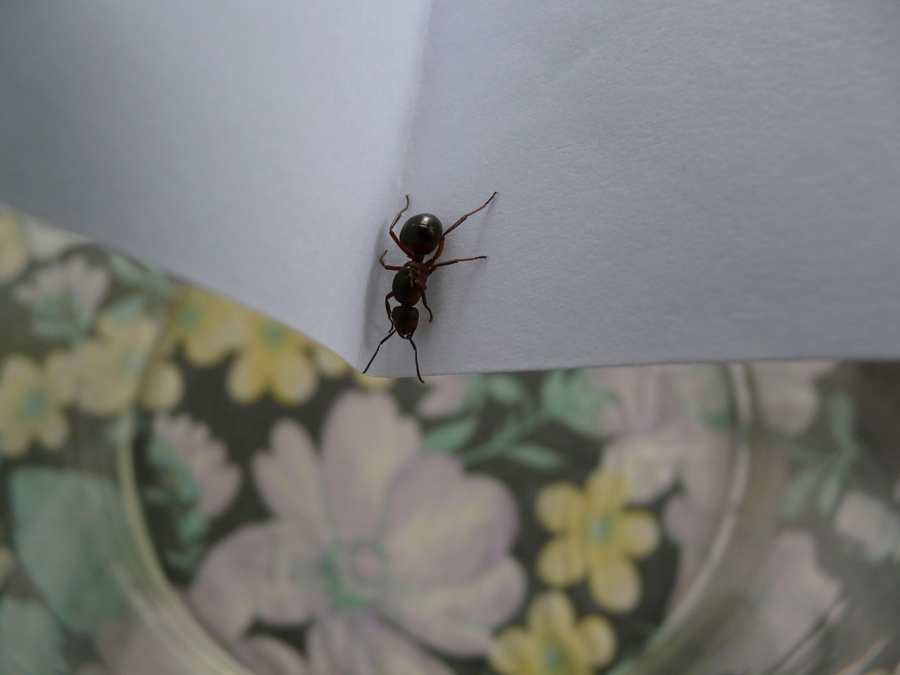10 Homemade Remedies for Bug Prevention
Written by Lydia Lee Posted On Friday, 02 June 2023 00:00
Unwanted pesky bugs and pests can put a dent on the delight you should get from your home. Surprisingly, there are common household products you can use to get rid of flies, ants, aphids, spiders, and other insects you want to steer away from your space. Try mixing some of these natural ingredients and make your own bug prevention solution. These are some helpful homemade remedies to keep your house free of unwanted visitors.
#1 Citrus
Orange and lemon essential oils are great in discouraging bugs away. Create a natural spray that can repel those itsy bitsy spiders by mixing 5 drops essential oil, 5 drops biodegradable dish soap with 4 cups of water. If you have 100% undiluted lemon juice, you can it mist around cracks in your home. Then, place orange or lemon peels on bookshelves, cupboards, and other locations where spiders and other bugs like to stay. Lemon peels are also found to be efficient against moths lurking in closets, same with cedar.
#2 Peppermint
If you are battling with pesky ants, dried mint leaves and essential oil can be your best allies. Add 8-15 drops of peppermint essential oil in one cup of water and put it in a spray bottle. Shake the container well and spritz along cracks or areas where ants are seen. Adding a few drops of biodegradable dish soap to the mixture can be great as it would kill ants on contact. Mint can also help deter flies away.
#3 Garlic Oil Spray
Garlic Oil Spray is perhaps one of the safest and effective natural insect repellents. Just add three to four cloves of chopped garlic into two teaspoons of mineral oil. Allow it to sit for 8-12 hours and then, remove the garlic out of the oil through a strainer. Mix two tablespoon of the oil with one pint of water and put a teaspoon of biodegradable dish soap. You can store the garlic oil mixture in a separate jar and dilute it with water whenever needed.
What works magic for this mixture is the compounds in garlic called diallyl disulfide and diallyl trisulfide. These two are irritating and fatal to most insects. The oil and soap allow the mix to stick on stems and plant leaves. If you are looking to repel aphids, beetles, and whiteflies, this spray will keep them away. Be cautious, though. Don't spritz the mixture on a hot sunny day as the oil may cause the leaves to burn quickly.
#4 Lavender and Eucalyptus Essential Oil
Mosquitoes are undoubtedly irritating and can carry viruses that can jeopardize your family's health. It's great that you can avoid them from sucking your blood off by using a mix of lavender and eucalyptus oils. Moreover, the blend helps heal any existing bites you got. The mixture has a natural fragrant odor which you can adore, but, on the other hand, mosquitoes don't find appealing. Lavender oil is one of the few essential oils you can apply directly to your skin. It is advisable, however, to consult with your doctor first for any allergy concerns.
#5 Coffee Grounds
Bug and other pests don't like coffee the way you do - they actually hate it. You may use recycle leftover coffee grounds and sprinkle them around in areas outside your home where you think critters are emerging. For ants, coffee is fatal, while other pests can't endure the odor of the ground and will steer away.
#6 White Vinegar
Vinegar might be the most versatile ingredient from your kitchen. Not only it pickles your cucumbers, clean your windows, or remove stains from your clothes, it's also efficient in avoiding ants and other pests from meddling in your space. Half of the white vinegar mixed with half water in a spray container works much in repelling annoying critters. You can spritz the mixture in the perimeter of your house, around a tent or a screen house or on the legs of tables where you place food to get rid of flies. Just reapply the concoction as it wears off or when necessary.
#7 Banana Peel and Tin Foil
Don't throw those banana peels away. You can chop them and place them on the soil around the stems of your plants. While it steers aphids and others pests away, it also adds nutrients to the ground. Another trick to deter aphids is by placing foil on the base of your plants. Sun rays will bounce from the foil onto the bottom side of the foliage. Be wary enough, though. Too much sunlight might burn your plant.
#8 Apple Cider Vinegar Fruit Fly Trap
Another way to get rid of flies is by creating this fruit fly trap. Get a bottle or other container with funnel-shaped opening, choosing such will allow flies to get in but not out. Put apple cider vinegar and any chopped fruit pieces, you no longer have to endure that buzzing sound in your ear.
#9 Cayenne Pepper
Cayenne Pepper is another valuable ant deterrent. If you sprinkle it in areas where ants usually gather, like locations near sugar or crumbs, they will steer away. What pepper's spice does is that it tricks the ants by signaling to them that none of their favorite sweet stuff is there. It can be quite messy, though, to spatter cayenne pepper in locations that aren't utilized often. Make sure to use it in your discretion, most likely on areas that have sweet goods or baking supplies.
#10 Basil
While it works magnificently on our dishes, sweet basil can also be useful if you want to get rid of flies. Just plant one in your patio and place it in a sunny area next to your frequently used door. Flies won't be wandering in your home anymore.
It's essential to feel comfortable in your beloved home and not be bugged by those pesky critters. Try the following home remedies about to ensure that you always at ease, or visit Pestwiki's site to get more tricks in getting rid of flies, ants, aphids, spiders and other uninvited visitors.

